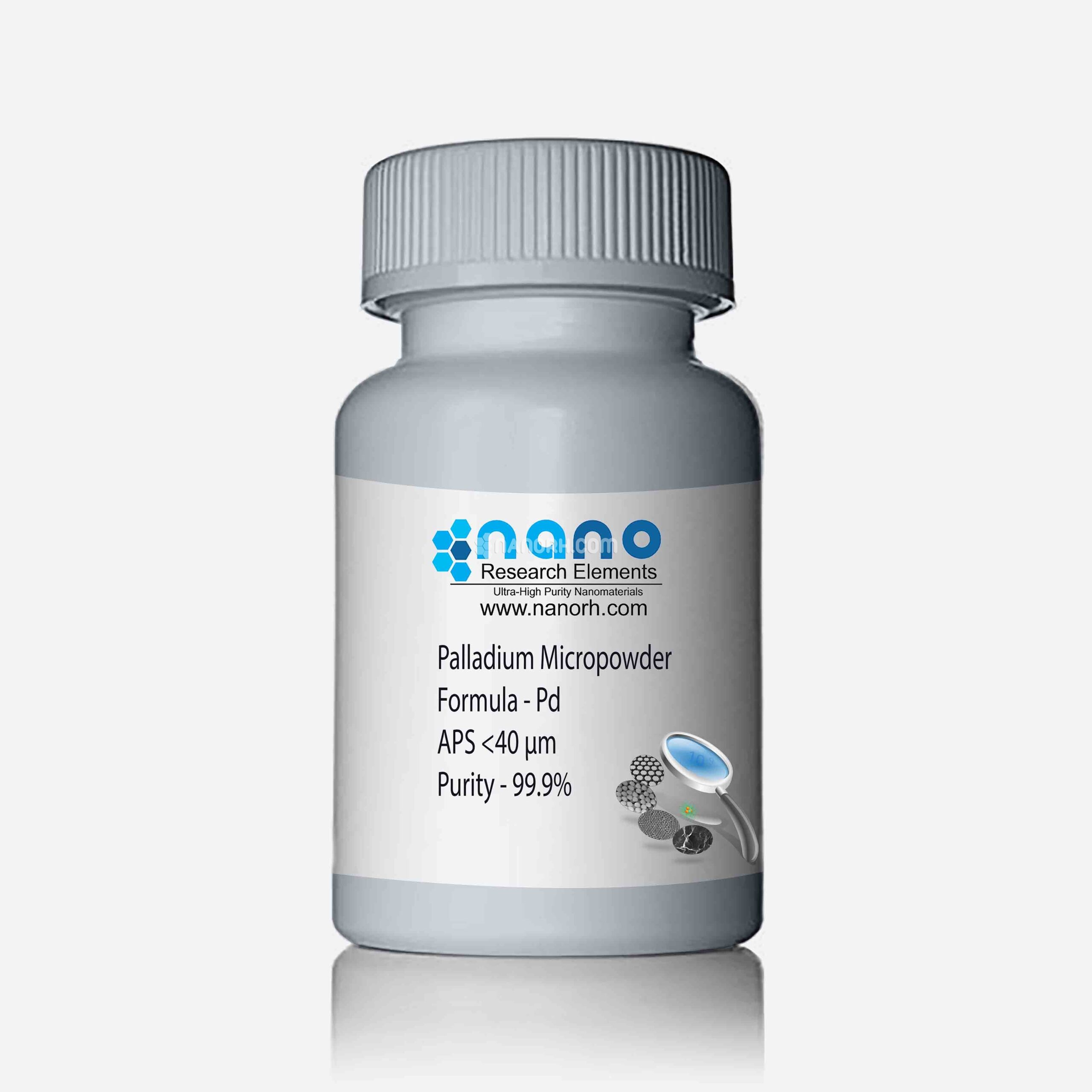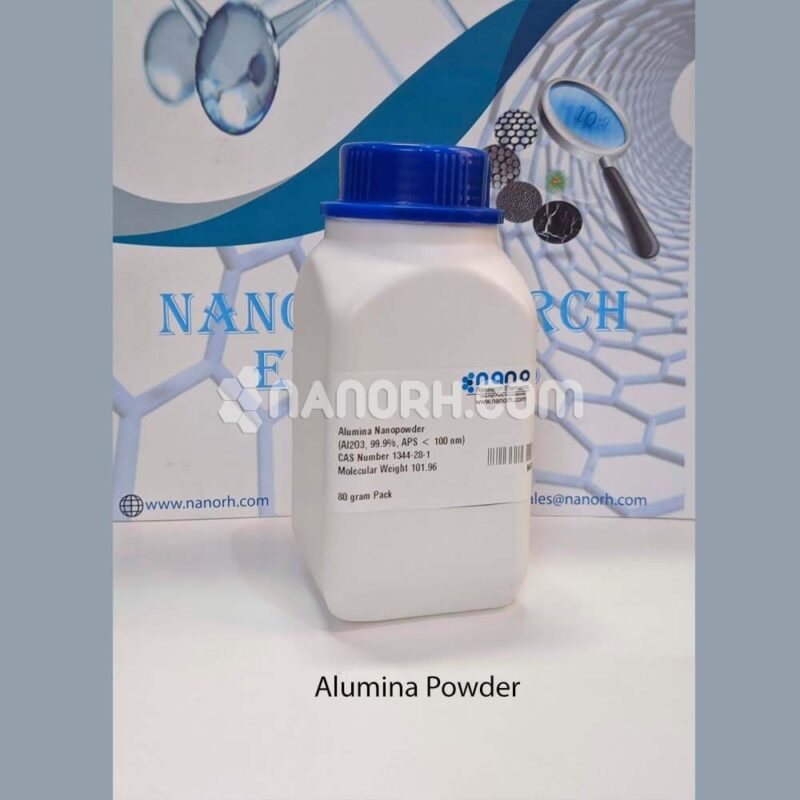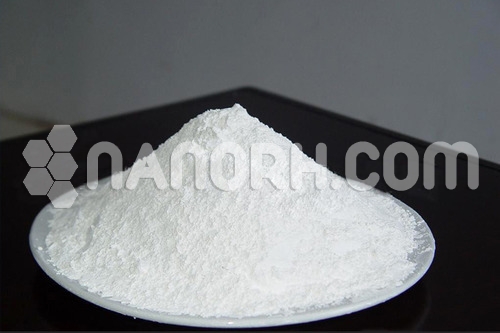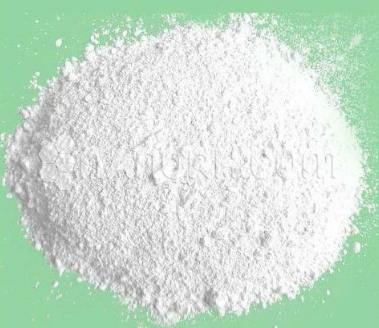| Palladium Micropowder | |
| Product No | NRE-8036 |
| CAS No. | 7440-05-3 |
| Formula | Pd |
| Molecular Weight | 106.42 g/mol |
| APS | 5-10µm(can be customized) |
| Purity | 99.95% |
| Color | Silvery White |
| Density | 12.02 g/cm3 |
| Melting Point | 1554.9 °C |
| Boiling Point | 2963 °C |
Palladium Micropower
Palladium powder has numerous applications across various industries due to its unique properties. Some common applications of palladium powder include:
Catalysts: Palladium powder is widely used as a catalyst in various chemical reactions, such as hydrogenation, dehydrogenation, and coupling reactions in organic synthesis.
Electronics: Palladium powder is used in the electronics industry for manufacturing multilayer ceramic capacitors (MLCCs) and as a component in conductive pastes and inks for printed circuit boards.
Dentistry: Due to its biocompatibility and corrosion resistance, palladium powder is used in dental applications, including in dental alloys for crowns, bridges, and other dental restorations.
Jewelry: Palladium, in powdered form, is used in the jewelry industry to create palladium alloys, which are an alternative to traditional gold and platinum. Palladium’s purity and hypoallergenic properties make it an attractive option for jewelry.
Hydrogen Storage: Palladium powder is used for its ability to absorb hydrogen in a reversible manner. This property is utilized in the development of hydrogen storage materials for fuel cells and hydrogen fueling stations.
Chemical Sensors: Palladium powder is used in the production of chemical sensors due to its ability to interact with various gases and its sensitivity to hydrogen, which is useful in detecting hydrogen leaks and monitoring hydrogen concentrations.
Medicine: Palladium has potential applications in medicine, particularly in cancer treatment. It is used in some types of radiation therapy, where radioactive palladium implants are used to treat prostate cancer.
Water Treatment: Palladium powder is used in water treatment processes, particularly in the removal of contaminants and pollutants. It aids in the removal of organic compounds and helps in the purification of water.
Automotive Industry: Palladium is used as a component in catalytic converters, which are vital in reducing harmful emissions from vehicles, specifically in converting harmful gases like carbon monoxide, nitrogen oxides, and hydrocarbons into less harmful substances.




